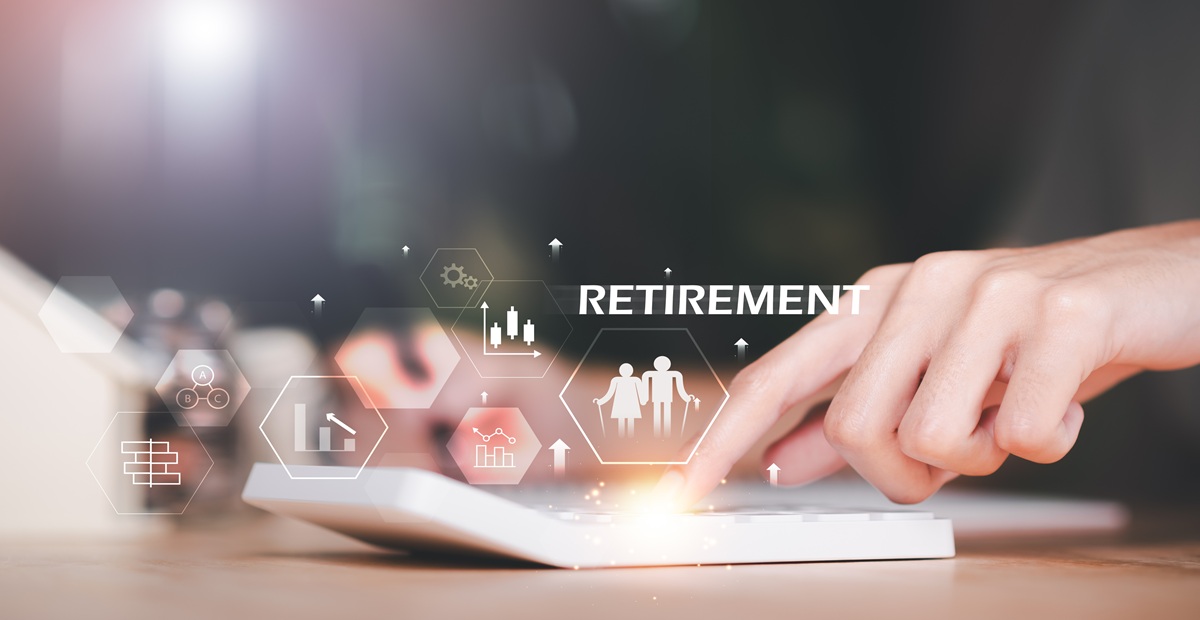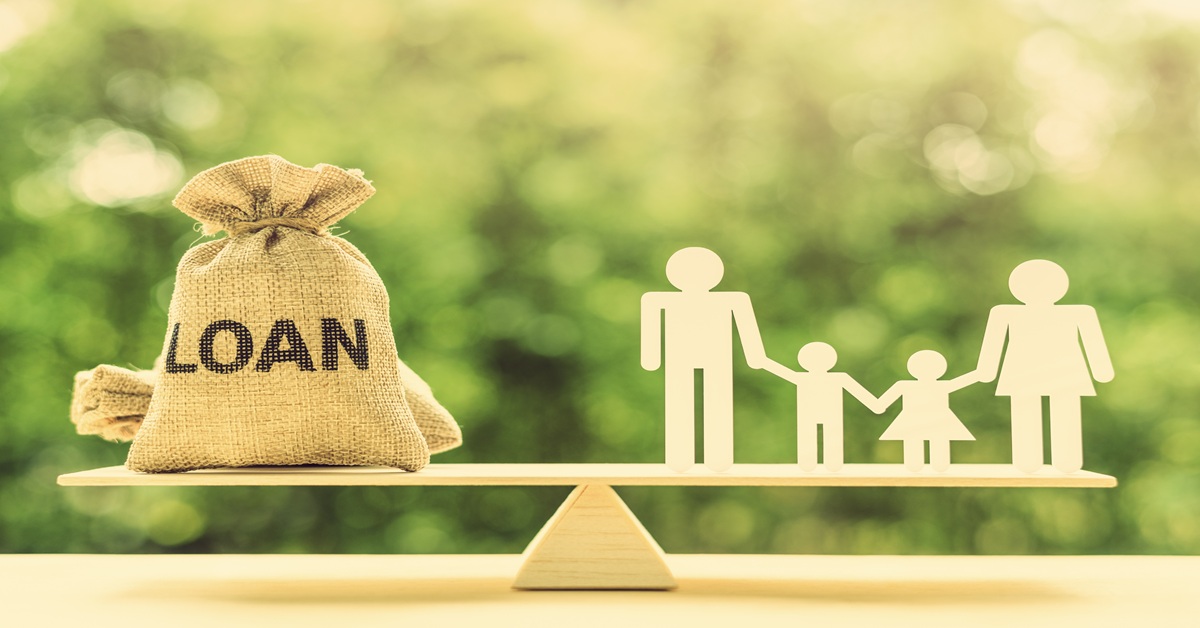
In Case of Emergency: Preparing for the Unexpected
“Hope for the best, but plan for the worst.” We’ve all heard this expression before, but how many of us follow it? While it’s natural to feel anxious planning for the worst, in the case of your finances, an emergency fund can significantly reduce your anxiety during an unexpected event. With an emergency fund, planning for the worst can potentially keep a short-term personal crisis from turning into long-term financial turmoil.
What Constitutes an Emergency Fund?
Regardless of your financial situation, an emergency fund should be part of your plan. A good starting point is keeping 3-6 months’ living expenses and discretionary spending in a liquid account. Some people choose to add more or less, but this range provides proper liquidity to cover many short term issues. Exactly how much cash should be in the fund is relative to your income stream, spending needs, and job security. An individual with a commission-based job may choose to have a higher cash balance than someone with a relatively stable job that is salary oriented. Additionally, there are several other factors to consider, including your risk tolerance, number of dependents, amount of non-discretionary spending, and whether your household has one or two sources of income.
Where Should my Emergency Fund be Held?
Determining where to keep your emergency fund is also a matter of personal preference, but I believe holding it in a bank or money market mutual fund is the best option. Below is a listing of the most common bank accounts and alternatives with their respective pros and cons.
Checking Account
- Pros: Easy access through checks, ATMs, and online banking. These accounts are also built for frequent withdrawals
- Cons: May not earn interest and may incur a monthly fee
Savings Account (i.e. Bank Money Market Account)
- Pros: Earns interest and there are generally no fees
- Cons: There are monthly withdrawal limits and a minimum balance may be required
Money Market Mutual Fund
- Pros: Typically pays a higher dividend
- Cons: May take 24 hours to liquidate and are not FDIC-insured
When Should I Use my Emergency Fund?
It is important to remember that an emergency fund has its name for a reason: it is for emergencies only. Unexpected medical expenses, job loss, or urgent home or car repairs are some of the most common reasons people need to access their emergency fund. You should not use it for anything that is not truly an emergency – no matter how tempting a new kitchen or European vacation might be.
I recently purchased my first home and am learning firsthand how critical it is to have an emergency fund. While home maintenance is a never-ending saga, it is only a matter of time before an unexpected and expensive repair pops up. If my furnace breaks when it’s 20 degrees below zero, my emergency fund will have the cash I need to get this vital repair done.
If you need help setting up an emergency fund or have any questions about your specific situation, please do not hesitate to reach out to us.


